We kindly inform you that, as long as the subject affiliation of our 300.000+ articles is in progress, you might get unsufficient or no results on your third level or second level search. In this case, please broaden your search criteria.
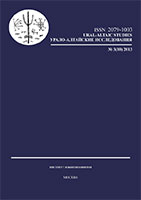
The author of the article provides biographical information about M. A. Castrén (1813—1852), describes the dramatic and even tragic moments of his life and pays attention to his field work among the indigenous peoples of Siberia. The author shows M. A. Castrén’s versatility as a researcher and emphasizes the importance of his linguistic and ethnographic works.
More...
The article deals with some security aspects and their influence on the defense resources of the Slovak Republic. The contribution it brings lies in the comparison between the defenses resources of the last years and their increase over the years.It shows a positive trend in terms of the modernization of equipment, weapons,technology and weapons systems of the Armed Forces of the Slovak Republic.
More...
In today's economies, investment in education and in the training employees are at least as important as investments in heritage. We live increasingly longer in an economy based on information, technology and production, in which methods are changed rapidly and constantly. Human capital formation should be approached at least as good as physical capital formation and the reform in education should strive to treat the former obviously.
More...
For centuries, the oasis dwellers of the Algerian Sahara exploit the ground water through the use of traditional techniques such as foggaras (traditional technique of irrigation in the Algerian southwest), and wells of chadouf (pendulum wells). In the oasis of Lahmar, in Southwest Algeria, the farmers use foggaras (known by the name of foggaras ain - foggaras of source) to irrigate their fields. Nowadays though, due to the indiscriminate use of modern systems (boreholes and pumps) to procure water for irrigation and urban consumption, over-exploitation and drying off of water sources have been one the rise while traditional techniques are becoming day by day out of service and, what is more, palm groves have almost completely disappeared.
More...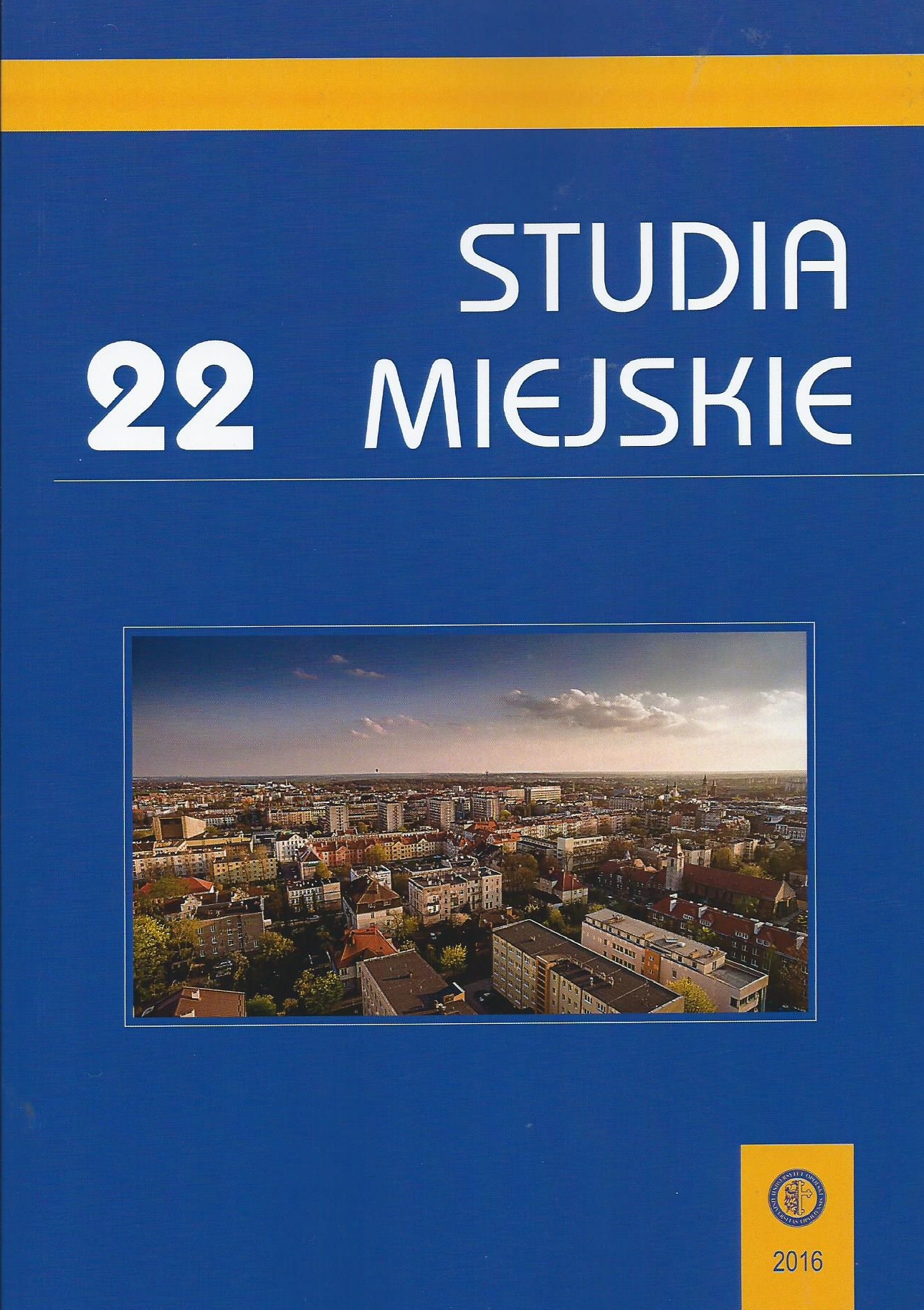
The author, discussing the paradigm of sustainable development, refers it to the specificity of a small town. As a consequence, comparing distinctive factors influencing the development of a small town in a spirit of sustainable development, attempts to build a model of such a city, offering a tool for its controlling and monitoring in the form of a set of criteria. The article also attempts to answer two fundamental questions: first – what is the meaning of sustainable development, second – how the sustainable development of a small town differs from a broad sense of big city sustainable development?
More...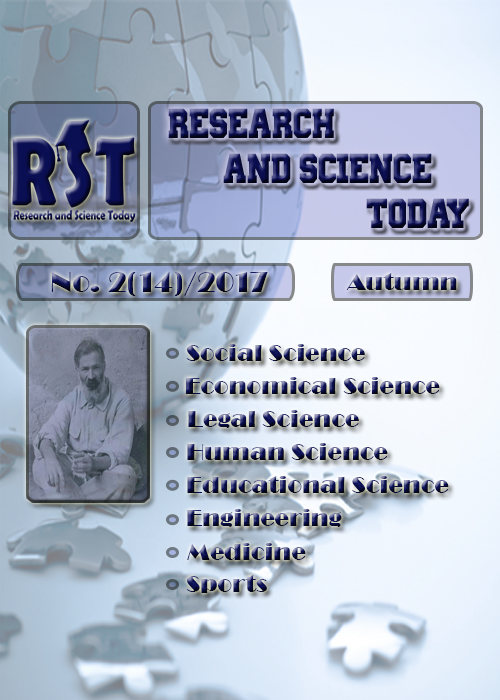
THE PURPOSE OF THIS PAPER IS TO HIGHLIGHT THE ROLE AND PLACE OF CONVERSION IN LAPAROSCOPIC CHOLECYSTECTOMY. WITHOUT FIXING DOGMA, WE WANT TO MAKE A MODEST CONTRIBUTION TO THE INDICATIONS AND BENEFITS OF A CONVERSION MADE AT AN OPPORTUNE MOMENT, OUTLINING IT AS A PRUDENT SOLUTION THAT AVOIDS IATROGENIC LESIONS, BUT ALSO AN EFFECTIVE WAY TO REPAIR THEM WHEN THESE HAVE OCCURRED. CONVERSION IS THE WAY IN WHICH THE LIMITS OF LAPAROSCOPIC SURGERY ARE FILLED. WE ALSO WANT TO DRAW ATTENTION TO HOW THE INCIDENCE OF THE METHOD HAS EVOLVED AND WHAT EFFORTS ARE BEING MADE TO REDUCE THE CONVERSION RATE INTO LAPAROSCOPIC CHOLECYSTECTOMY.THE LAPAROSCOPIC CHOLECYSTECTOMY CONVERSION REPRESENTS A VALUABLE DECISION WHITCH COMPLETES THE LIMITS OF LAPAROSCOPIC SURGERY IN SOLVING INTRAOPERATORY INCIDENTS AND ACCIDENTS.THIS DECISION MUST BELONGS EXCLUSIVELY TO SURGEON WHO NEEDS TO EVALUATE IN AN APPLIED RIGHT, PRUDENT AND WITHOUT AMPLIFIED PRIDE WAY, HIS SURGICAL POTENTIAL, HIS TEAM POTENTIAL AND THE AVAILABLE TECHNICAL CONDITIONSWE STUDIED A GROUP OF 135 PATIENTS WHO UNDERWENT A CLASICAL CHOLECYSTECTOMY CONVERTED FROM A LAPAROSCOPIC ONE, PERFORMED IN THE IV TH SURGERY CLINIC OF CRAIOVA IN THE PERIOD 2001-2015.
More...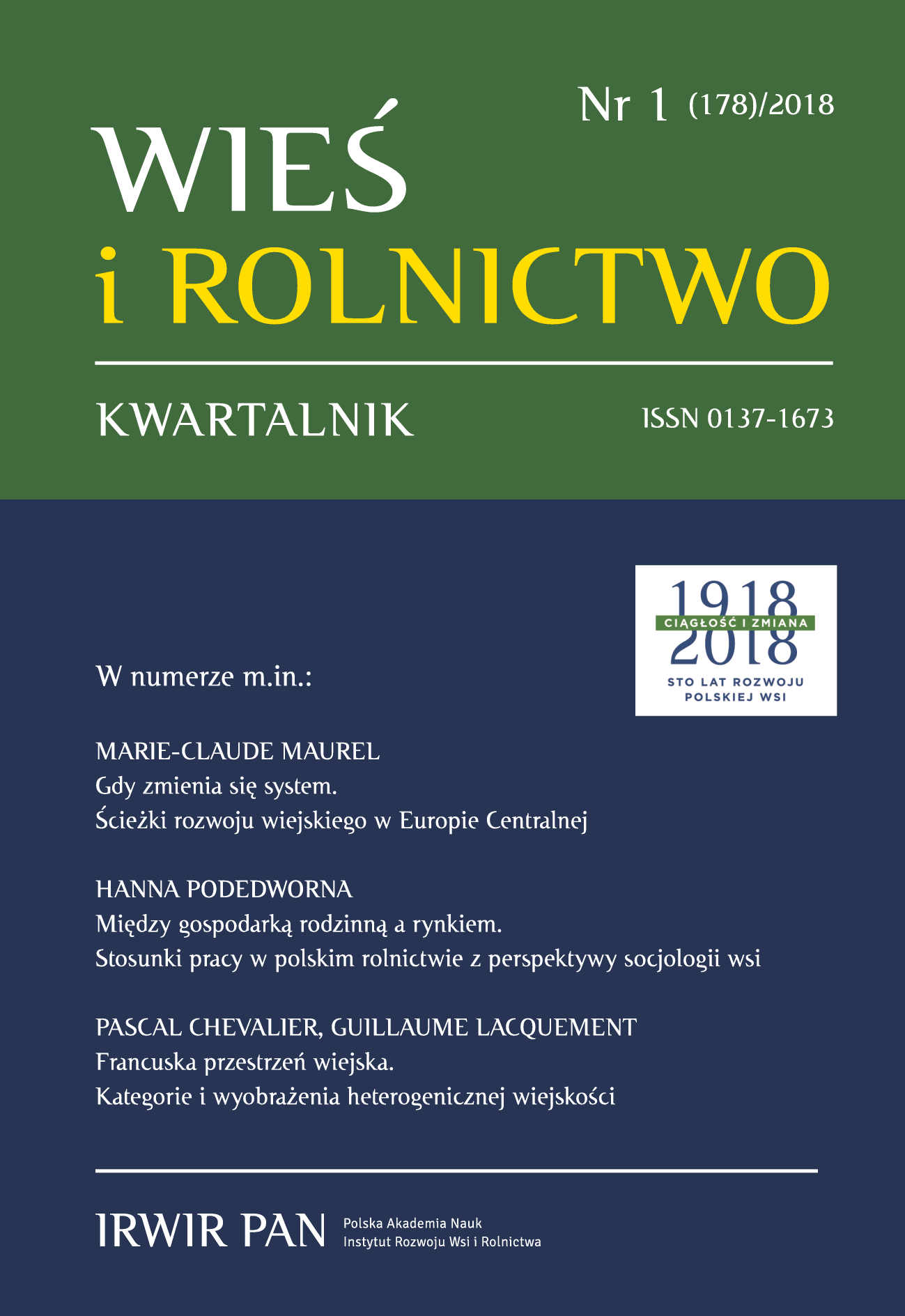
The main goal of this paper is to analyze the new theoretical concepts that provide a vision regarding the future armed conflicts, determined by the technological advance and the increased dynamics of the information flows between different levels of authority within modern societies. The paper starts with an analysis of today’s international environment (characterized by the existence of competing cultural contexts and political opinions which generate frictions, crisis and eventually military conflict), followed by a comprehensive plea regarding the necessity of changing the current military operating concepts. Finally there are presented two solutions that address the desired conceptual change, which fit the uncertainty of future conflicts: the “Army Operating Concept” developed by the US Army Training and Doctrine Command, and “Future Operating Environment 2035”, developed by the UK Concepts and Doctrine Centre's (DCDC).
More...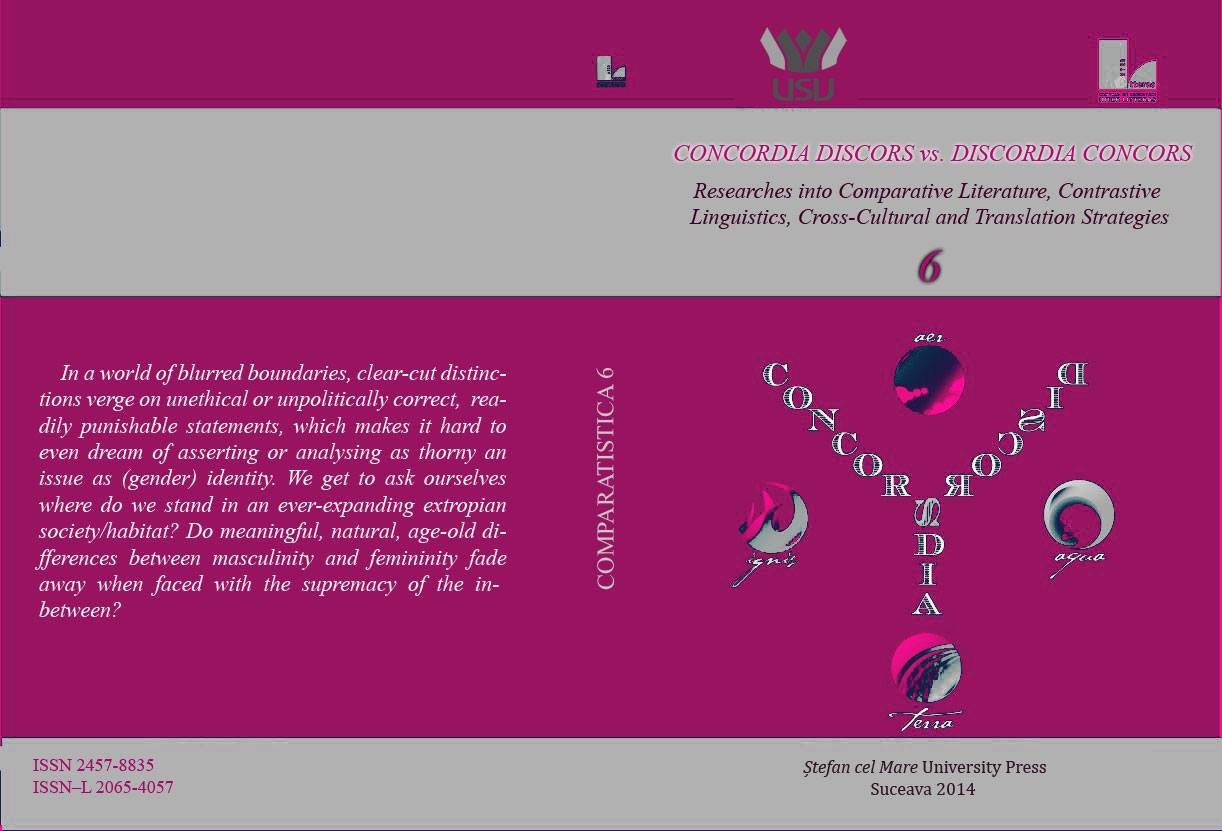
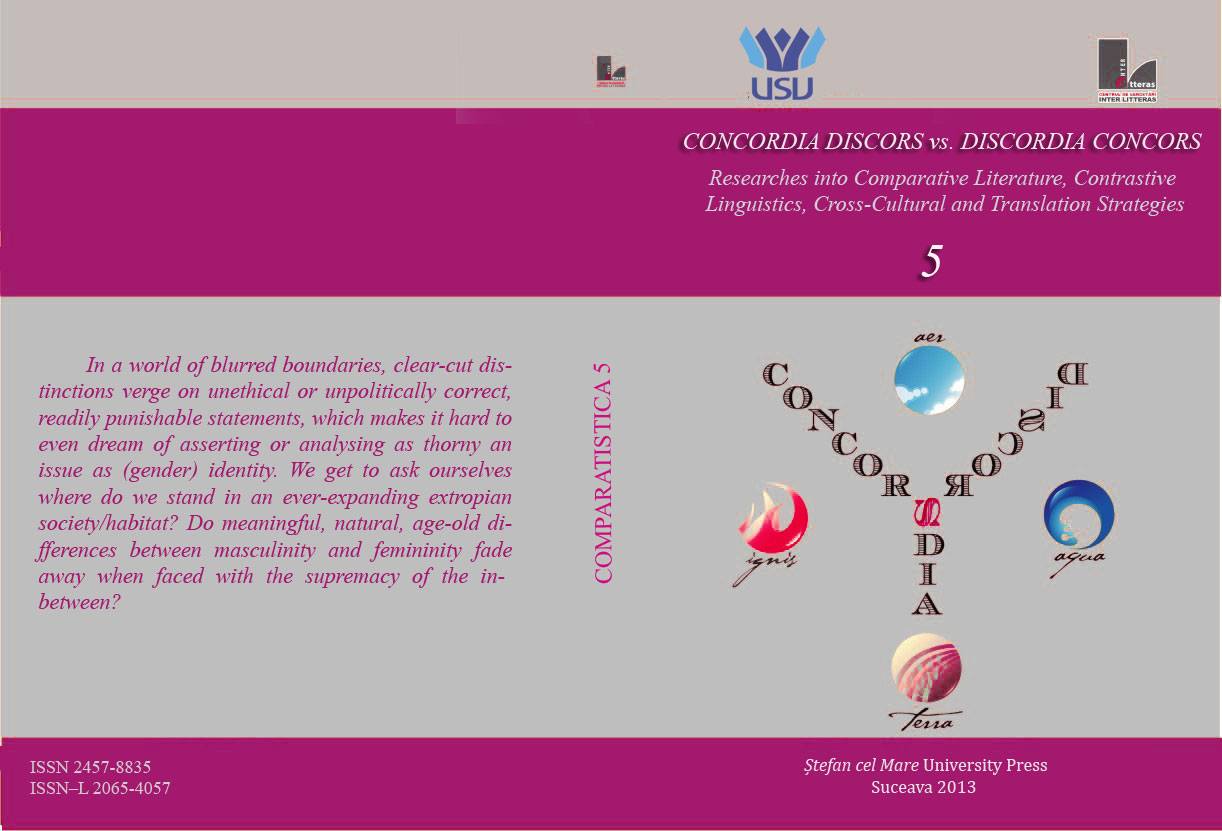
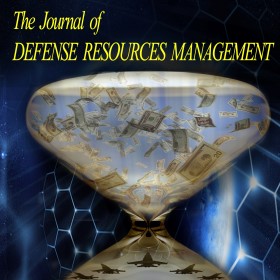
In 1972 the Canadian Armed Forces (CAF) created the Order of Military Merit (Order) to honor members who have demonstrated conspicuous merit and exceptional service. Despite efforts to ensure appointments to the Order were representative of the entire CAF, a 2007 study found that appointments had become concentrated at senior ranks. In response to this study, new nomination guidelines were released in 2007 and then augmented in 2010. The 2010 guidelines yielded some early positive results; however, the average years of service (YOS) at appointment target has not been met. The Order’s advisory council requested a population forecast of the Order to determine the impact on the size and YOS profile of the serving Order population if the typical YOS at appointment is reduced to 18 to 23 years. This paper presents the methodology used to model the Order population and discusses the impact of appointing members to the Order earlier in their career.
More...
The essay brings together two different approaches to the question of ethos. On the one hand it examines the phenomenon of speaking the truth or parrhesia in Foucault’s later work as a discursive praxis on which a new ethos could be founded. On the other hand, it brings Foucault’s genealogical analysis of our relation to our selves in contrast to Heidegger’s approach, in which the latter returns to one of the forgotten meanings of the word ethos, that is, of dwelling, which he encompasses in his broader analysis of a more fundamental poetic dwelling of man. This encounter between the two thinkers on the battlefield of different concepts of language came about somewhat accidentally in an attempt to confront their interpretations of Heraclitus, a figure which they both place very firmly but differently with regard to the question of ethos. Whereas for Foucault Heraclitus is an example of a sage who refuses to confront the truth of the other in a parrhesiastic encounter, for Heidegger, it is exactly Heraclitus, who provides us with a fundamental insight into the meaning of ethos and the question of truth. The analysis is even more interesting as it is based on two well know anecdotes about Heraclitus, which both Heidegger and Foucault analyze in different ways. The essay thus provides on the one hand an entryway into Foucault’s genealogical working style and offers on the other hand some key insights into Heidegger’s later thought. It is more than anything an attempt to think about ethics through the work of two post-Nietzschean thinkers, outside any form of normativity or metaphysics, with a focus on the historicity of thought.
More...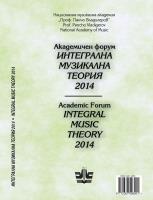
The present text interprets the appearance of the book called Music for Everyone, written by the prominent Bulgarian musicologist Ivan Kamburov back in 1937 in the context of the emergence of the public radio in Bulgaria. That process created the need to promote a number of musicological issues among a broad listening audience – aesthetic, historical and theoretical issues referred to the function of fundamental styles, genres, forms and processes of music. Alongside the detailed comparative analysis of the structure, significance and function of Kamburov’s work, the paper highlights some aspects of the social environment, the attempt to form musiccultural consciousness, and specific points of the cultural strategy. Among them are the specific focus on folklore music and its significance for professional music, popular 146 at the time music practices and music. The paper highlights the broad humanitarian basis, vivid modern reflection, emotional fullness, reliance on contemporary knowledge and technologies combined in the author’s professional method, through which the popular Music for Everyone affected the broad public at its time. That could serve today as a motivating example of the specific professional educational methods in the field of music.
More...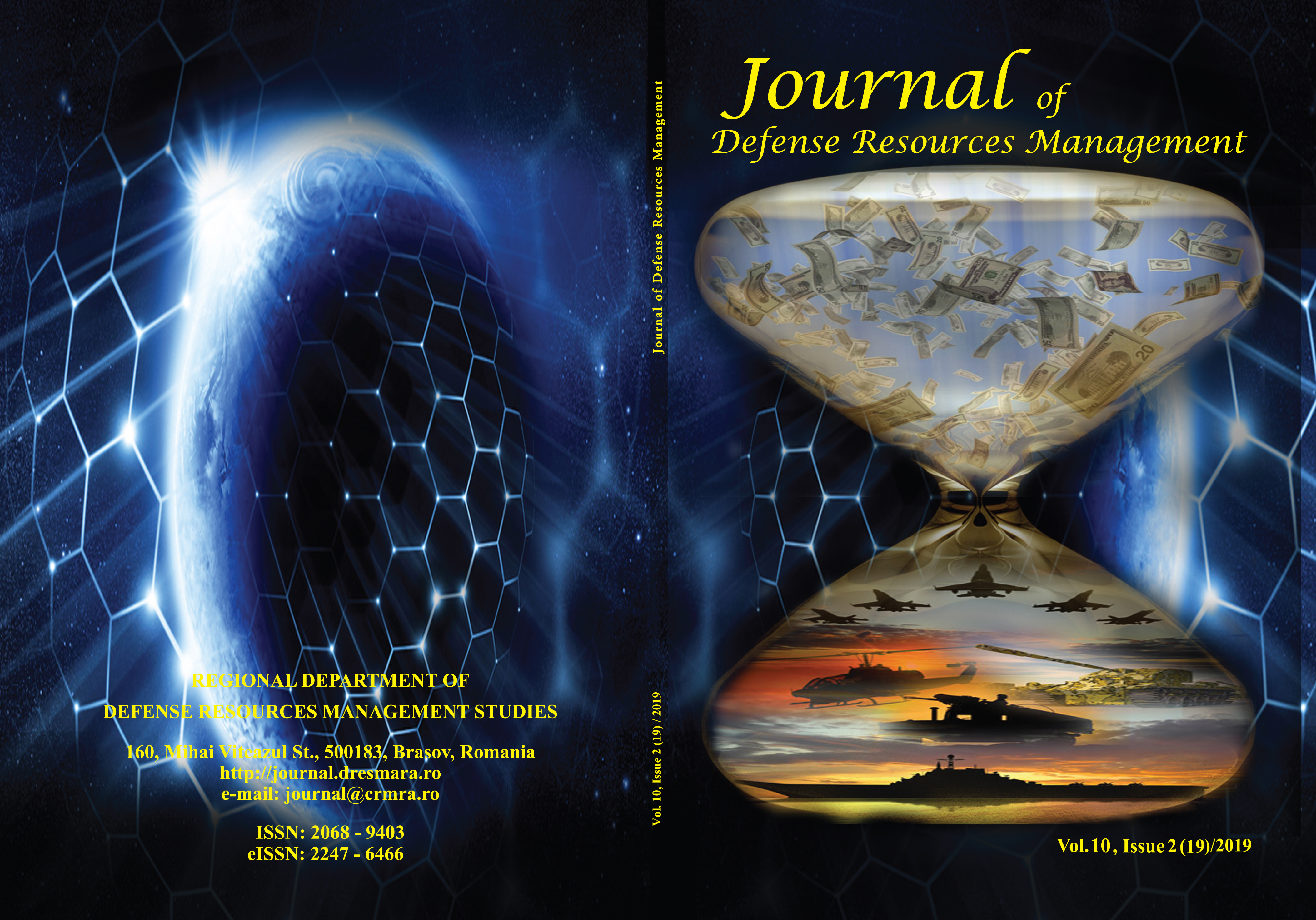
Non-alignment, both as a foreign policy perspective of some particular states is a critical factor of contemporary international relations. The paper focuses on the history of non-alignment policy during the Cold War and after its demise. The evolution of the Non-Aligned Movement is delineated, the challenges are highlighted and prospects are estimated. The article looks at the current state of the NAM in the face of rapidly changing international order. The paper presents a comparative analysis of Azerbaijan’s security policy as a country pursuing nonalignment policy.
More...
In the aspect of disaster response, the Indonesian Navy has KRI: dr.Soeharso-990 which has been equipped with medical supplies in carrying out the operation task of disaster response in the regional area. However, as a KRI which is diversified as hospital-aids ship (BRS), KRI: dr. Soeharso-990 still has several obstacles in the implementation of emergency response operations. Based on the current conditions, it needs a training strategy to develop the capability of KRI:dr. Soeharso-990 during a joint emergency response operation. This study aims to provide an alternative formulation of a strategy to train the capability development using the approach of Strength, Weakness, Opportunity, Threat (SWOT), InterpretativeStructural Modeling (ISM), and aspects of Balanced Scorecard (BSC). Based on the results of the SWOT matrix analysis, the SO Strategy consists of 3 (three) strategic steps; ST Strategy consists of 3 (three) strategic steps; WO strategy consists of strategy step, and WT strategy consists of a strategy step so that all total consists of8 sub-strategies. Based on the results of the elements' classification in the strategy,it was obtained 5 (five) levels of the hierarchical structure. In this hierarchical structure, it can be seen that sub-strategy of ST-3 and sub-strategy of WO-1 were at level V. Meanwhile, sub-strategy of ST-1 and ST-2 were at level IV. Sub-strategy ofSO-2, WT-2, SO-1 were at level III, II and I.
More...
In contemporary geopolitical conditions, the world politics actors in striving to achieve their goals have to change their approaches and methods. In so doing they must take into account the changes that are taking place in the system of international relations, in particular in international security. At the same time, they have the opportunity to take advantage of improvements in science and technology and exploit the benefits of the information society. In these terms, the migration that is getting more large-scale and is gaining new patterns and peculiarities can actas the instrument to achieve the political goals, for example, the destabilization of the target country or region on the hybrid war context. The reasons for the actors to use migration as the means to achieve their goals and the ways to direct and use are provided in the article. Besides, we have proposed the system of indicators to be monitored to define if the migration processes are gaining attributes of destructive and if they are being used by the certain world politics actor.
More...
Non-tariff measures such as food safety and technical standards are used to achieve the non-trade objective of protecting consumers’ health and safety. On the other hand, they can also be deployed as a trade secure tool to drive a price wedge between foreign and domestic producers. This study investigates the protectionist tools of 34 developing countries food safety standards using a sample of developing countries food imported from developed and other developing countries with a specific focus on vegetables, Trunks, machinery, and tobacco. We employ the theoretical framework of the gravity equation by applying SGMM estimation. Our results indicate that vegetable and machinery variables are negative and statistically significant. Meaning that both variables have a negative impact on GDP, in other words, both variables are not supported GDP and economic growth in the developing countries. Finally, Trunk variable is positive and statistically significant. It shows that this variable leads to promote economic growth in developing countries. While Tobacco is positive and statistically insignificant, meaning that this product does not play an important role in the trade sector in our sample countries.
More...
PT. XYZ in Surabaya is engaged in the production of commercial ships, providing ship repair and maintenance services as well as general engineering with specifications based on orders. Along with the development of the technology industry, ship production requires every shipyard to evaluate the system used. The time delay is the problem of building a 60-meter commercial ship. The PrecedenceDiagram Method (PDM) is a method for scheduling project time and showing critical trajectories of project activities. The results showed that in the project scheduling,there are 13 activities that have a zero value or critical activity which are activities1, 2, 3, 4, 5, 7, 9, 15, 16, 20, 22, 23, 26, 27, 28 So that it needs more strict control and supervision from the contractor in carrying out the activities of the 60 meter commercial shipbuilding project activities for each activity/activity so that it does not experience delays and the project can be completed on time.
More...
This paper will focus on the elements of military organizations, whether how to innovate effectively in the realm of the twenty-first-century’ fast-changing rhythm. The emerging new world order changes the nature and scope of the interaction of components and the whole in determining the development of military culture, the degree of the value of the impact of individual elements, on the one hand, and system-wide processes on the other, on its (military culture)evolution. The paper aims to provide a conceptual, theoretical framework to an institutional culture where it is an essential element to innovate successfully, and that enables interpretation of strategic assessments to military capabilities. In the meantime, strategic assessment requires the involvement of political and military leadership styles, strategies, and techniques to calculate the strategic factors with close harmonization.
More...